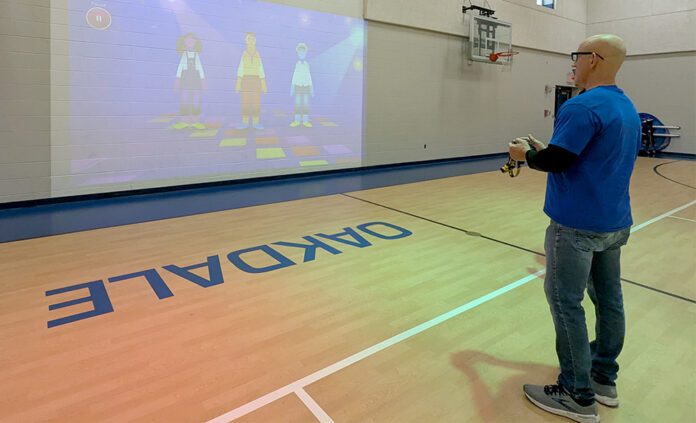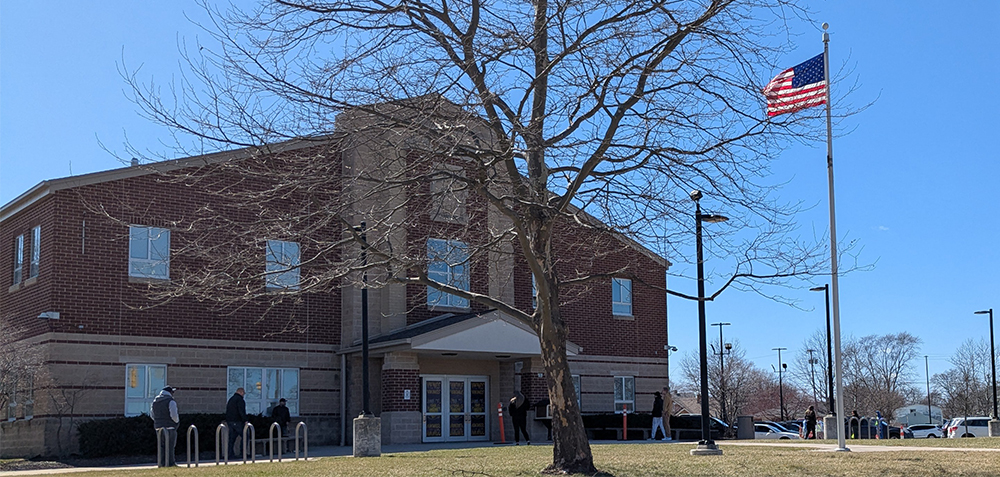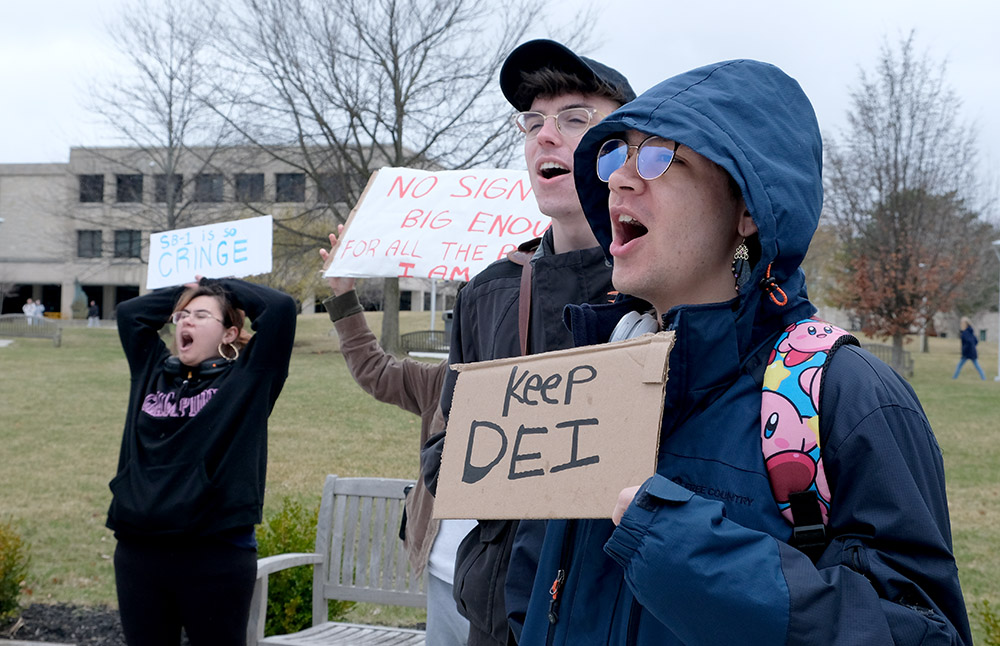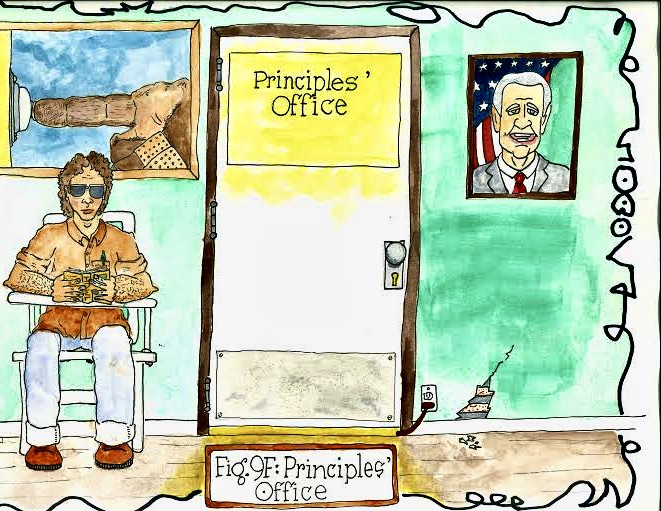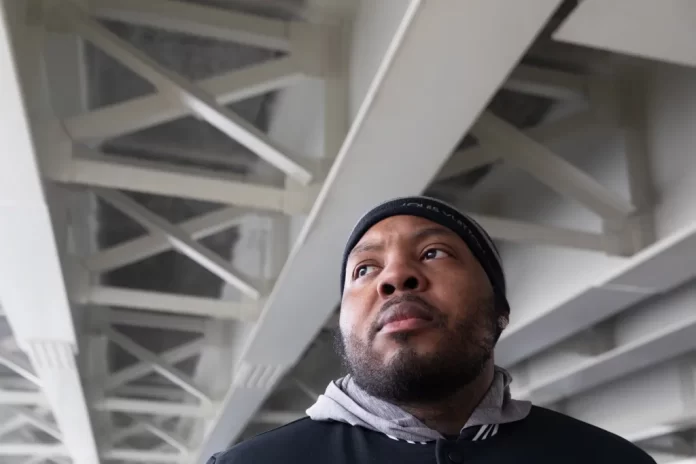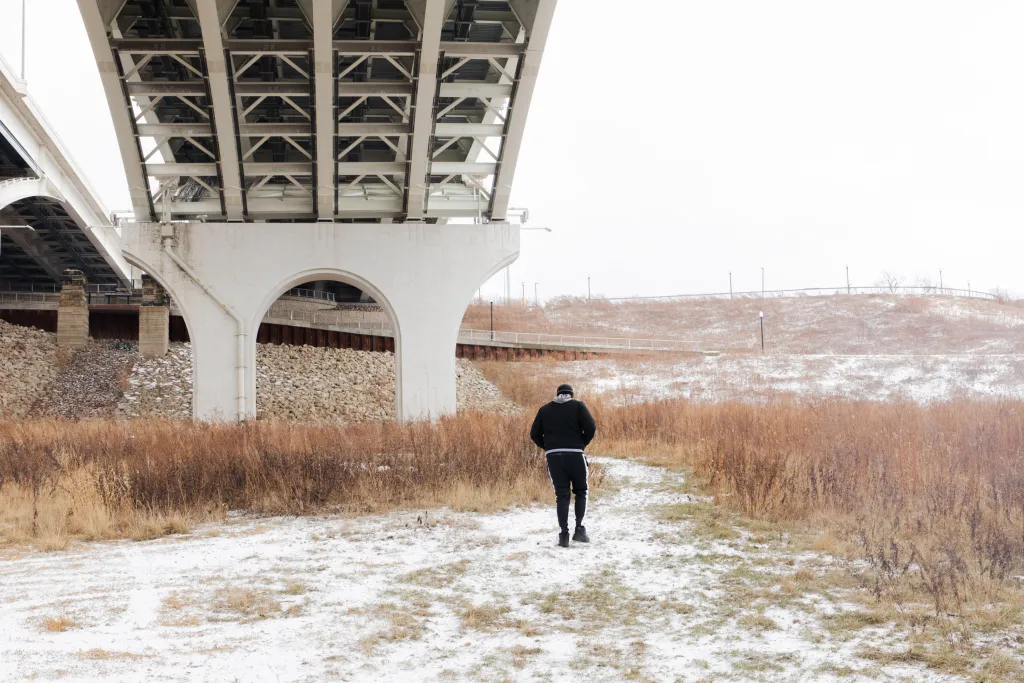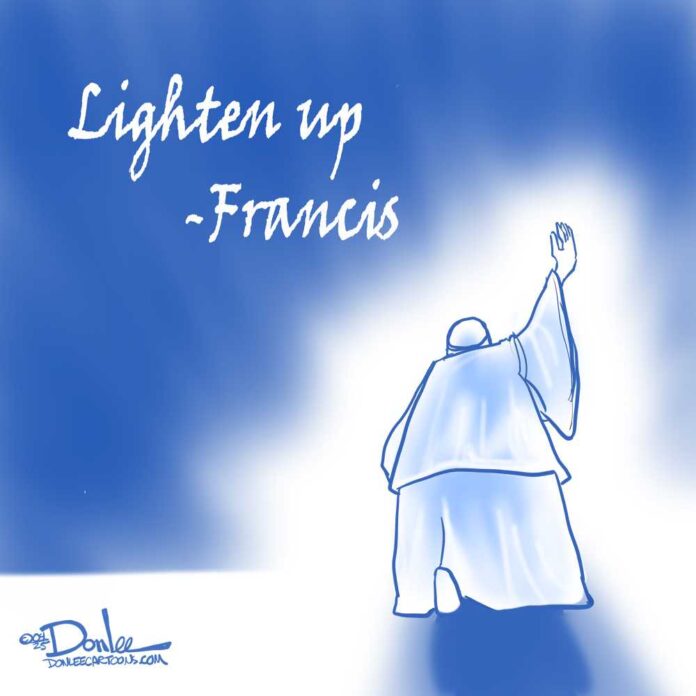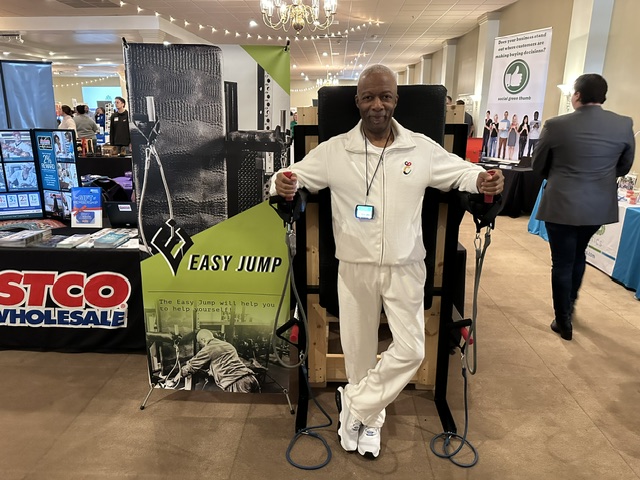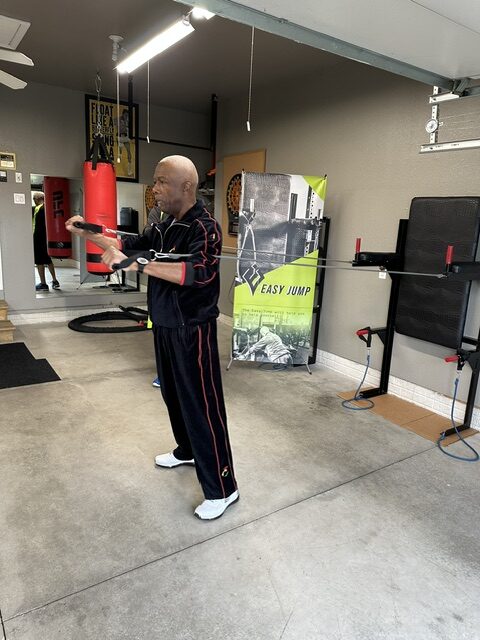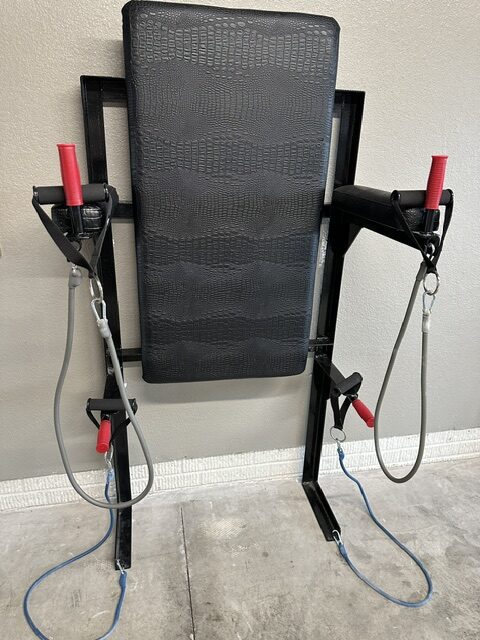(All events are 100 percent compiled from press releases and in order of occurring dates)
NEWS SHORTS BRIEFS ARE UPDATED DAILY
The Arts Commission announces Vibrant Art Loop schedule
TOLEDO – Prepare to immerse yourself in Toledo’s arts scene this summer and fall as The Arts Commission invites you to a series of captivating Art Loop events. Explore the local creative community through celebrations of art, artists, and spaces that inspire a vibrant Toledo.
The Arts Commission is kicking off the season with a celebration in Toledo’s historic Middle Grounds district on Saturday, June 21 from noon to 4 p.m. at the Middle Grounds/Oliver House/Maumee Bay Brewing Company at 201 Morris St.
Art Loop is a program of The Arts Commission, presented in partnership with the artists
and participating venues who make it possible. All Art Loops are free community
events.
We’re kicking off the season with an Art Loop summer celebration in Toledo’s historic
Middle Grounds district.
Enjoy live music, hands-on craft stations, sidewalk chalking, aerial performances, pop-
up art installations, a mini artist market, and a Studio Loop featuring some of Toledo’s
most celebrated artists on nearby Morris and Ottawa Streets. All entertainment and
activities are free and open to the public. Food, beverages and art available for
purchase.
For a complete schedule of events, go to the Arts Commission website.
TPS Youth football camp for boys
TOLEDO – The 23rd annual Dr. Carnel Smith free youth football camp is being held for boys in grades 3-8 at Scott High School June 16-20 from 11 a.m. to 2:45 p.m. each day.
Registration begins at 10 a.m. on Monday, June 16, and on-field drills will begin at approximately at noon. Each participant must be accompanied by a parent or guardian with a medical card. Breakfast and lunch will be provided daily.
Maumee Senior Center hosts retirement fair
MAUMEE – The Maumee Senior Center is hosting a retirement fair on June 17 from 5-7 p.m. at the center, located at 2430 Detroit Ave.
During this free fair, Patrice Powers-Barker, of The Ohio State University Extension, will speak on the topic of Passport to Retirement: Charting Your Own Course. Attendees can also talk one-on-one with local agencies on finances, Medicare, selling your home, part-time job and volunteer opportunities, and more.
TARTA service to operate on regular schedule for Juneteenth
Toledo Area Regional Transit Authority (TARTA) services will operate on a regular
schedule for Juneteenth, Thursday, June 19.
TARTA fixed route and TARTA Move Paratransit will operate on their regular weekday
hours of 4:55 a.m. to 10:23 p.m., and TARTA Flex on-demand rides will be available
between 7 a.m. and 9 p.m.
Information operators will be available at (419) 243-7433 from 8 a.m. to 5 p.m., and
paratransit Customer Service Representatives at (419) 382-9901 will have lines open
from 9 a.m. to 5 p.m. TARTA’s Transit Hub at 612 N.
Huron Street will be open to the public from 7 a.m. to 5:30 p.m. TARTA’s administrative offices will be closed.
Toledo Museum of Art hosts Juneteenth celebration
TOLEDO – The Toledo Museum of Art (TMA) has announced the schedule of events for its annual Juneteenth celebration. The event, “Freedom Through Art: Emancipation to Expression,” will be held Thursday, June 19, from 11 a.m. to 5 p.m. in TMA’s Green Building.
The celebration will feature a slate of art-inspired experiences for guests to honor Black history and celebrate freedom while looking toward a more connected future.
TMA will partner with local artists and community organizations for its day of celebration. Toledo native Ramona Collins will perform a soulful jazz number, Toledo Urban Federal Credit Union will give a Financial Wellness presentation, and Toledo photographer James “DirtyKics” Dickerson will lead a LocalEyes tour, highlighting works of art across the museum that inspire his own work.
The full schedule of events is as follows:
- Family Center Activities, 11 a.m.-5 p.m., Family Center.
- Outreach Activities, 11 a.m.-4 p.m., Green Room.
- Thaddeaus Washington Live Performance, 11:15 a.m.-12:30 p.m., Great Gallery.
- Yoga/Sound Bath with Holly Strawbridge and Dani Nolff, 11:30 a.m.-12:45 p.m., Wolfe Gallery.
- LocalEyes Tour with James “DirtyKics” Dickerson, noon-1 p.m., Herrick Lobby.
- Live Painting with Chudney Patterson, noon-4:30 p.m., Green Building Galleries.
- Dorian Grey (Magician) – The Amazing Mr. Strange, 1-4 p.m., Green Building.
- Financial Wellness with Toledo Urban Federal Credit Union, 1-2:30 p.m., Little Theater.
- Monica Edwards Live Performance, 2-3 p.m., Great Gallery.
- Story Time in the Library, 2:30-3:30 p.m., TMA Library.
- Ramona Collins Live Performance, 4-5 p.m., Gallery 1.
This all-ages event is free and open to the public.
“Yoga/Sound Bath with Holly Strawbridge and Dani Nolff” and the “LocalEyes Tour with James “DirtyKics” Dickerson” require prior registration, which can be done on the TMA website.
Make & Take Rain Barrel Workshop
LUCAS COUNTY – The Lucas Soil and Water Conservation District (Lucas SWCD), as a part of the Toledo/Lucas County Rain Garden Initiative, is hosting a Make & Take Rain Barrel Workshop on June 25 at 5 p.m. at the Lucas SWCD office in Toledo at 3350 Hill Ave., Suite K.
Rain barrels are an easy and efficient way to capture water during a rain event that can then be used for various tasks like watering your garden. Rain barrels also save money, resources, and help to protect our local water quality by collecting water that would have otherwise entered the storm sewer system untreated and unfiltered.
During the workshop, participants will during learn why rain barrels are an important conservation practice, make their rain barrel, and go home with information on set-up and maintenance.
The barrels are 55-gallon capacity and are intended to be installed underneath a downspout from a roof. The workshop fee is $40, and this includes all hardware and materials to make the rain barrel. Registration is required prior to the workshop, and this can be done online or by calling the Lucas SWCD office at (419) 893-1966. Space is limited! Other opportunities for these workshops will be announced as dates and details are
finalized.
PROMEDICA community events in June
TOLEDO – The American Red Cross is hosting a blood drive at ProMedica Toledo Hospital on June 27 from 9 a.m. to 3 p.m. in the Croxton Memorial Auditorium. To schedule an appointment, call 1-800-RED-CROSS or visit redcrossblood.org and enter sponsor code: TOLEDOHOSP
Ben Stalets releases new album during concert
TOLEDO – The rumors are true. It’s finally happening. Join Ben Stalets at The Switchboard on Friday, June 27 at 7 p.m. for the official release of his new full-length recording, Lucky Dog. Fans can expect an intimate patio concert. In case of rain the event will move inside.
Stalets is capitalizing on the nexus between Culture Clash Records and The Switchboard. Copies of the CD can be pre-ordered in person at Culture Clash or on the store’s website. A $15.00 pre-order (plus tax) includes free admission to the event for one person. Fans may also purchase Lucky Dog at the door (and receive free admission) or pay a $10 walk-up cover charge without the CD.
The Switchboard and Culture Clash Records are both located at 912 Monroe Street in Downtown Toledo. Weather-permitting patio plans include concert-style seating. The evening starts with DJ Jon Zenz. This is an all-ages show.
Springfield Township’s Inaugural Firecracker 5K Run/Walk
Honors memory of Pvt. Sterling W. “Butch” Rahe
HOLLAND – Springfield Township’s Summer Series 2025 will kick off on June 28 at 9 a.m. with the inaugural FIRECRACKER 5K Run/Walk to honor the memory of Pvt. Sterling “Butch” Rahe. The 5K will be held at Community Homecoming Park in Holland.
The deadline for registration is June 18. Those interested in participating in this special tribute to a hero who left us too soon are asked to visit runsignup.com.
Fees are $35 for 13 and over, and $15 for kids 12 and under.
Paddle & Groove floating concert returns to the Maumee River
TOLEDO – Black Swamp Conservancy announced the return of Paddle & Groove, the region’s one-of-a-kind floating concert series that combines live music, community spirit, and river adventure.
Back for its second season, this immersive event invites participants to kayak alongside a
pontoon boat carrying live bands as they perform while cruising down the Maumee River.
Presented by the KeyBank National Association Trustee for the Walter E. Terhune Memorial Fund, Paddle & Groove offers a unique opportunity to experience the Maumee River’s natural beauty while enjoying live music.
Each event takes place from 6-7:30 p.m. on select Wednesdays throughout the summer. Note: Children under 18 must ride in a tandem kayak with an adult.
This season’s lineup features an array of talented musicians:
- Nick Dittmeier & The Sawdusters: A progressive roots rock trio from Southern Indiana, known for their prolific touring and albums like “Midwest Heart/Southern Blues”
- Whitney Mongé: A Pacific Northwest singer-songwriter whose Americana Soul blends blues, rock, and indie folk, delivering smoky vocals and poignant lyrics
- Joe’s Truck Stop: From the Ohio River Valley, this group offers a blend of bluegrass, honky-tonk, and western swing, rooted in country blues traditions
- Soultru: A Midwest soul crooner from the Quad Cities, drawing inspiration from gospel roots and artists, like John Legend, crafting music with emotional depth.
Event Details:
– Dates: July 2, July 23, August 13, August 27
– Location: Maumee River, Toledo
Ticket Options:
$15 – Bring your own boat
$45 – Kayak rental
$90 – Tandem kayak rental
Tickets are required for each concert and can be purchased through the Black Swamp Conservancy’s website. For more details, including ticket purchases and event updates, CLICK HERE.
Place your bet on Imagination Station‘s All In for Science
TOLEDO – No beginner’s luck needed! It’s time to go All In for Science at Imagination Station’s Celebrity Wait fundraiser at Hollywood Casino.
Enjoy a four-course meal, served by our local celebrity waiters—community leaders and change makers who believe in the power of STEAM.
Throughout the night, you’ll be treated to an evening of specials prepared by Regalo’s culinary team. However, the real jackpot of the night is the support raised for Imagination Station. Proceeds from the night go right back to the science center, strengthening and expanding programming and community outreach, helping Imagination Station fuel the dreams of future scientists and innovators.
Get ready to have a winning night for STEAM and go ALL IN for a brighter future.
To purchase tickets for Celebrity Wait or make a donation to the science center, visit imaginationstationtoledo.org.
Tuesday, June 10 at 6 p.m. at the Hollywood Casino | Regalo Restaurant
Maumee and WGTE to host Juneteenth film and panel discussion
MAUMEE – The City of Maumee, in partnership with WGTE Public Media, will host a special Juneteenth event titled Juneteenth, Faith & Freedom on Wednesday, June 18th at 6:30 p.m. at the Maumee Indoor Theater.
The event will feature a screening of the acclaimed documentary Juneteenth: Faith & Freedom, followed by a panel discussion. The conversation will be moderated by realtor and radio host Charles Welch, and will include insights from: Sheila Howard, reporter and journalist with The Blade; Carla Thomas, social justice writer and community advocate; Linda Lucas, Maumee resident; and Sara Eiden, supervisor of theater operations at the Maumee Indoor Theater.
About the Film: Juneteenth: Faith & Freedom explores the history and enduring significance of Juneteenth, the holiday commemorating the emancipation of enslaved African Americans in Texas in 1865. Featuring interviews with historians, community organizers, church leaders, and descendants of the formerly enslaved, the film examines how Christianity was used both to justify slavery and to inspire resistance and healing.
Chicks for Charity Hosts Chicks Mix ’25
SWANTON – Chicks for Charity, a nonprofit organization that inspires the JOY and DIGNITY of philanthropy in women and girls, will host its annual fundraising event, Chicks Mix ’25, on Wednesday, June 18 from 5 to 9 p.m. at Birchwood Meadow in
Swanton.
The event includes live music from the Toledo School for the Arts’ Steel Drum Band, basket
raffles, a silent auction, food, drinks and Junior Chicktinis, too.
Every penny raised will directly support our designated charity, HOPE Toledo. HOPE Toledo
supports pre-K through post-secondary education, helping to create generational wealth
and economic changes for the betterment of our kids and our community.
Membership is free to anyone who wants to have fun, do good and give back – women,
girls, men and boys.
“It’s not about how much you give. We celebrate the $11.38 from a Junior Chick’s
lemonade stand the same way as the $2,500 from a big neighborhood basketball
tournament. The goal is simple – keep it easy, keep it fun, raise a few dollars and help
others,” Vetter added.
Tickets for Chicks Mix ‘25 are $50 for Chicks, ages 19 and older, and $25 for Junior Chicks, ages three to 18. Space is limited. Purchase tickets by visiting the website.
Buckeyes Will Howard, Jack Sawyer to visit Toledo
TOLEDO – The Greater Toledo Classic is hosting two members of the Buckeye’s National College Football championship team for an exclusive, one-night-only event, An Evening with Will Howard & Jack Sawyer, presented by Presidio.
The event will be held on Monday, June 23, at the Stranahan Theater and is a rare opportunity for Buckeye fans to hear firsthand from quarterback Will Howard and defensive end Jack Sawyer, as they share unforgettable experiences, plus behind-the-scenes stories of their National Championship run.
The festivities will be emceed by former Toledo sportscaster and current Columbus sportscaster Dave Holmes.
Proceeds from the event will benefit several local children’s charities including; Nationwide Children’s Hospital – Toledo, ProMedica Russell J. Ebeid Children’s Hospital, Ronald McDonald House of Northwest Ohio, Maumee Valley Habitat for Humanity: Women Build and the Jamie Farr Scholarship Fund of the Greater Toledo Community Foundation.
Two ticket options are available:
-The Premium Ticket Option includes reserved seating and a pre-program reception, with both Howard and Sawyer. The Premium Tickets are only available through the Greater Toledo Classic tournament office at 3400 Executive Parkway, Suite 1A, Toledo, OH 43606, or by calling .
-The event-only ticket option ranges from $54.00 to $104.00 based on seating preference. These tickets are available through the Stranahan Theater Box Office, online by clicking HERE, calling (419)531-3277, or by emailing jsilverman@toledoclassic.com.
Summer at Galerie Camille features four ‘exciting’ exhibitions
Galeria Camille has announced its full summer season, featuring four distinctive exhibitions that explore themes of transformation, place, history, and spirituality through diverse artistic practices.
June 6–27: Melissa Jones – From There to Here and Here to There
A sculptural journey of transmutation, love, loss, and hopefulness.
July 9–23: Daniel Ribar & Erik Henderson – Near Green Valley
Reflecting on coming of age in Detroit’s suburbs through painting and mixed media.
July 9–23: Allan Barnes – Detroit Landscapes 1982–2006
Large format photographs capturing Detroit’s architectural heritage and urban evolution.
August 8–30: Divine Impressions: Italian Masters to Detroit Voices
A dialogue between Renaissance religious masterpieces and contemporary Detroit artists exploring sacred iconography.
Opening receptions and artist talks offer unique opportunities to engage directly with the artists and curators. We invite you to experience this dynamic season and welcome media inquiries, interview requests, and further information.
For more information, visit the website.


